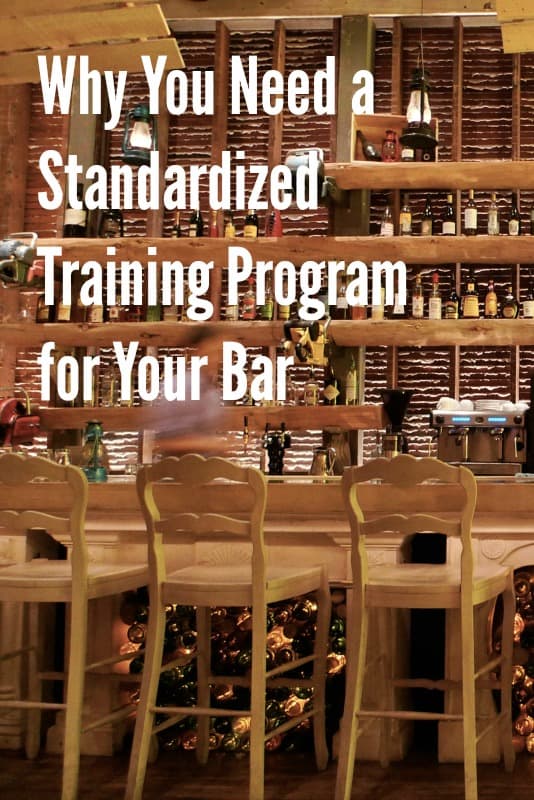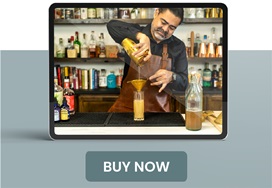flickr photo by chad_k https://flickr.com/photos/chad_k/4083483885 shared under a Creative Commons (BY) license
When running a bar, it’s easy to think that employee handbooks are something that big “corporate” or multi-location bars have to do – and not something you need to worry about. But without a standardized training program and handbook, rules and norms are passed through generations of management and bartenders, leaving your bar’s operations in the hands of one very long game of “telephone.”
If you’re on the fence on whether it’s worth your time investment, consider this:
“The Way We’ve Always Done It”
Unless you’re planning on doing all of the training yourself, an undocumented training program is only as good as your trainer – and their memory. It’s easy for things to slowly change over time and for cultural norms to develop which are not consistent with the way you want your bar to be run. But if you don’t have it documented, it’s likely that newcomers will be trained on “the way things are” – not the way you would prefer them to be.
Alternatively, with a training manual and program in place, you can be more confident that training will be consistent with your policies and you can even provide the training manual to newcomers before they show up for their first shift – saving you time and shortening the training time considerably.
Consistency for the Customer
Similarly, if procedures are not documented, it’s easy for individual bartenders to do things their own way. This is not necessarily a bad thing – but it can result in an inconsistent experience for the customer. In its simplest form, an example of this would be two different bartenders making the same cocktail with a different recipe. This also applies to policies like menu substitutions, pricing, etc. The customer expects consistency and may become frustrated if one bartender says they can’t add chicken to their salad when another bartender said it was OK just last week.
Don’t Underestimate Institutional Knowledge
Leaving the training program in the hands of your staff also presents a huge risk if they should leave – especially if more than one person leaves in a short period of time. This institutional knowledge is easy to under-value, and extremely difficult to rebuild.
Getting your staff engaged in creating and maintaining your training program will not only increase their engagement and buy-in to the bar, but it will help improve your program overall. Great employees appreciate structure and will see that it makes your bar a great place to work.
The (not so) Final Say
Finally, there is a huge benefit to having policies written down and documented – and that is that they are not open to interpretation. If the “final say” is up to the manager on shift, then it’s entirely possible he / she will give a different answer than another manager gave previously. This situation begs for frustration, where staff may feel like one manager is “nicer” than the other, or worse yet, may feel as though a manager is choosing favorites.
On the other hand, clearly communicating policies regarding call outs, vacation, menu substitutions, comps, etc. will help everyone. Your staff will feel more confident being able to plan their schedules and understand expectations, and there will be limited subjective judgment on how to handle these situations.
Just Plain Worth it.
While it may seem daunting to carve out some time to create your training program, it will pay off in spades. Take this as an opportunity to engage your staff and work together. You may be surprised to hear some great suggestions from your staff that you can incorporate as well.
It’s worth the investment – and it will pay off with your very next hire.

flickr photo by chad_k https://flickr.com/photos/chad_k/4083483885 shared under a Creative Commons (BY) license



